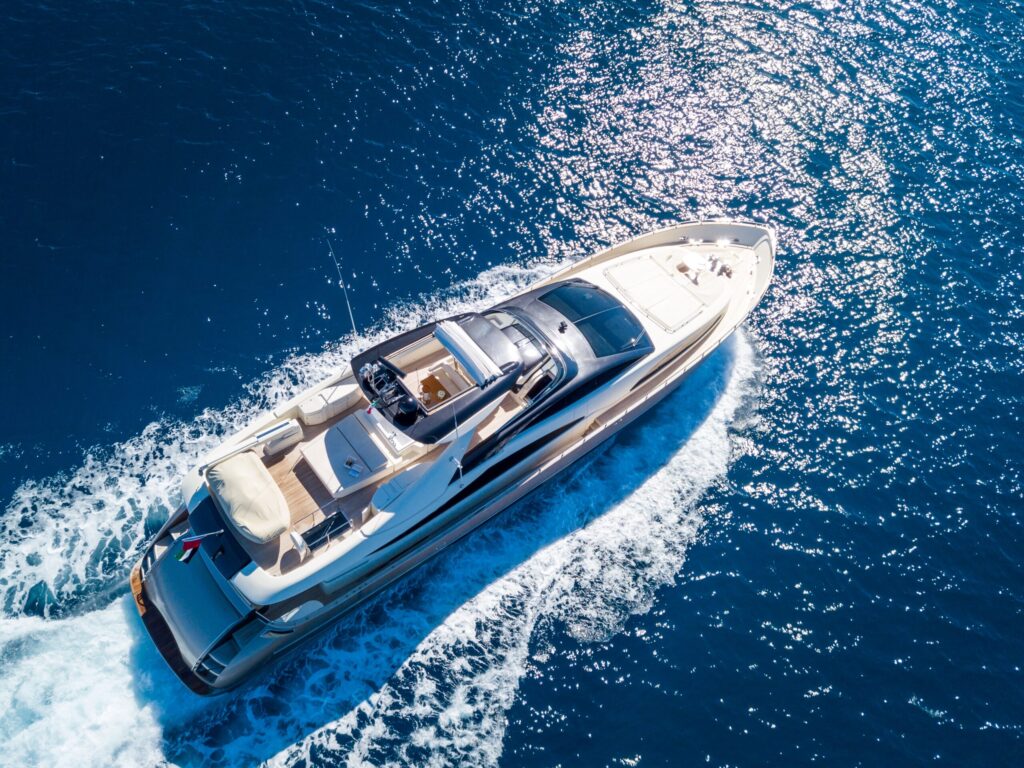How Much Boat Worth
For many people, buying or selling a boat is an exciting milestone, but it often comes with the important question: how much boat worth? Determining the true value of a boat is not as simple as checking the sticker price. Boats, like cars and homes, have unique factors that impact value. Age, condition, brand reputation, location, maintenance history, and even seasonal demand can significantly influence what a boat is worth on the open market. Whether you are selling your current vessel, refinancing, or preparing to purchase a new one, understanding boat valuation is a crucial part of the financial decision-making process.

Factors That Influence Boat Value
The answer to how much boat worth depends on several key elements. The most obvious is the boat’s age and model year, as depreciation affects all marine vessels. Boats lose value quickly in their first few years, then stabilize over time. Condition also plays a central role—two boats of the same make and year can have dramatically different worth depending on maintenance and usage. A well-cared-for boat with updated systems will be worth more than a neglected vessel of the same type.
Other factors include engine hours, brand reputation, and customization. Premium brands such as Boston Whaler or Sea Ray may retain more value compared to generic or lesser-known manufacturers. Similarly, boats with recent upgrades—new navigation electronics, fresh interiors, or modern engines—tend to command higher prices. Location and season matter too; boats listed in coastal regions during peak summer often fetch more than those listed off-season or in inland areas.
How Professionals Determine Boat Worth
Appraisers and marine surveyors are often hired to determine fair market value. They consider the vessel’s structural integrity, safety features, engine performance, and overall maintenance. A surveyor will document details about the hull, deck, electrical systems, and compliance with safety regulations. Buyers frequently rely on these surveys to confirm how much boat worth before committing to financing. Financial institutions, including those offering boat loan pre-approval, often require a professional appraisal or marine survey before issuing a loan.
Marine appraisal guides also exist. Tools such as the National Marine Manufacturers Association (NMMA) data provide insights into general market pricing trends. Additionally, the U.S. Coast Guard Boating Safety Division offers resources that can assist in understanding registration records and vessel classifications, which indirectly support value assessment.

Depreciation and Resale Value
One of the biggest factors in determining how much boat worth is depreciation. Boats generally lose 20 to 30 percent of their value within the first year of ownership. After five to ten years, depreciation tends to slow, but the vessel continues to lose value annually unless major upgrades are completed. Just like cars, some boats hold value better than others. For instance, popular fishing boats or high-end yachts may retain more worth due to strong demand in niche markets. Understanding depreciation curves helps both buyers and sellers set realistic expectations about long-term ownership.
Seasonal and Regional Price Differences
Market demand fluctuates throughout the year. In northern states, boat prices tend to dip in winter when demand is low, while spring and summer bring competitive pricing. Coastal areas often see higher values compared to inland regions due to access to larger waterways and year-round boating. If someone is asking how much boat worth, timing and location of the sale should always be factored in. Strategic timing can sometimes add thousands of dollars to the final sale price.

The Role of Maintenance and Upgrades
A boat’s maintenance history is one of the most powerful influences on its value. Detailed records of oil changes, engine service, hull cleaning, and safety equipment inspections reassure potential buyers. Boats with upgrades such as new GPS systems, radar, or eco-friendly engines often see boosted resale value. Conversely, poor maintenance records or visible neglect can lower value dramatically, regardless of age. A buyer evaluating how much boat worth will quickly prioritize a vessel with documented care over one with questionable upkeep.
Financing and Insurance Considerations
Boat worth is also a practical concern for lenders and insurers. A bank or lender like Float Finance will not finance a boat for more than its appraised value. Insurers, too, base premiums on a boat’s current market worth. If a boat is overvalued in a private transaction, the owner may struggle to secure adequate coverage or loan approval. This makes accurate valuation essential not only for buyers and sellers but also for smooth financing and insurance processes.

Case Example: Mid-Sized Powerboat
Consider a 10-year-old 28-foot powerboat with twin engines. When new, it may have cost $150,000. After the first five years, depreciation brought the value down to around $80,000. With good maintenance, upgrades to the electronics, and a recent repaint, it could now be worth $90,000 in a high-demand coastal area. In contrast, the same boat with poor maintenance and worn engines might only be valued at $60,000. This case illustrates how much boat worth can vary significantly based on history and condition, even when comparing identical models.
Using Online Resources Responsibly
Many boaters turn to online valuation tools when asking how much boat worth. These tools provide estimates based on model year and average sales prices, but they should be used cautiously. They cannot account for individual condition, location, or unique upgrades. Online resources are best used as starting points rather than final answers. To confirm accuracy, always combine online research with surveys and appraisals from licensed professionals. The NMMA and U.S. Coast Guard remain two of the most reliable non-commercial sources for market and vessel data.

When Boat Value Matters Most
Understanding how much boat worth is most critical in three situations: when buying, selling, or refinancing. Buyers want assurance that they are not overpaying, sellers want fair compensation, and lenders need accurate figures to approve loans. Businesses engaged in commercial operations also rely on precise boat valuations when applying for yacht financing or commercial fleet loans. The accuracy of valuation directly influences profitability and financial planning in both personal and commercial contexts.
Conclusion
So, how much boat worth? The answer depends on a mix of age, condition, brand, upgrades, and market demand. Seasonal trends and regional differences further influence pricing, while depreciation shapes long-term value. Maintenance records and upgrades often make the difference between a high and low appraisal. Whether buying, selling, or refinancing, boaters should approach valuation with a combination of professional surveys and reliable data sources. Float Finance helps buyers and owners navigate the financial side of boat ownership, offering lending solutions that align with accurate and realistic vessel values.
